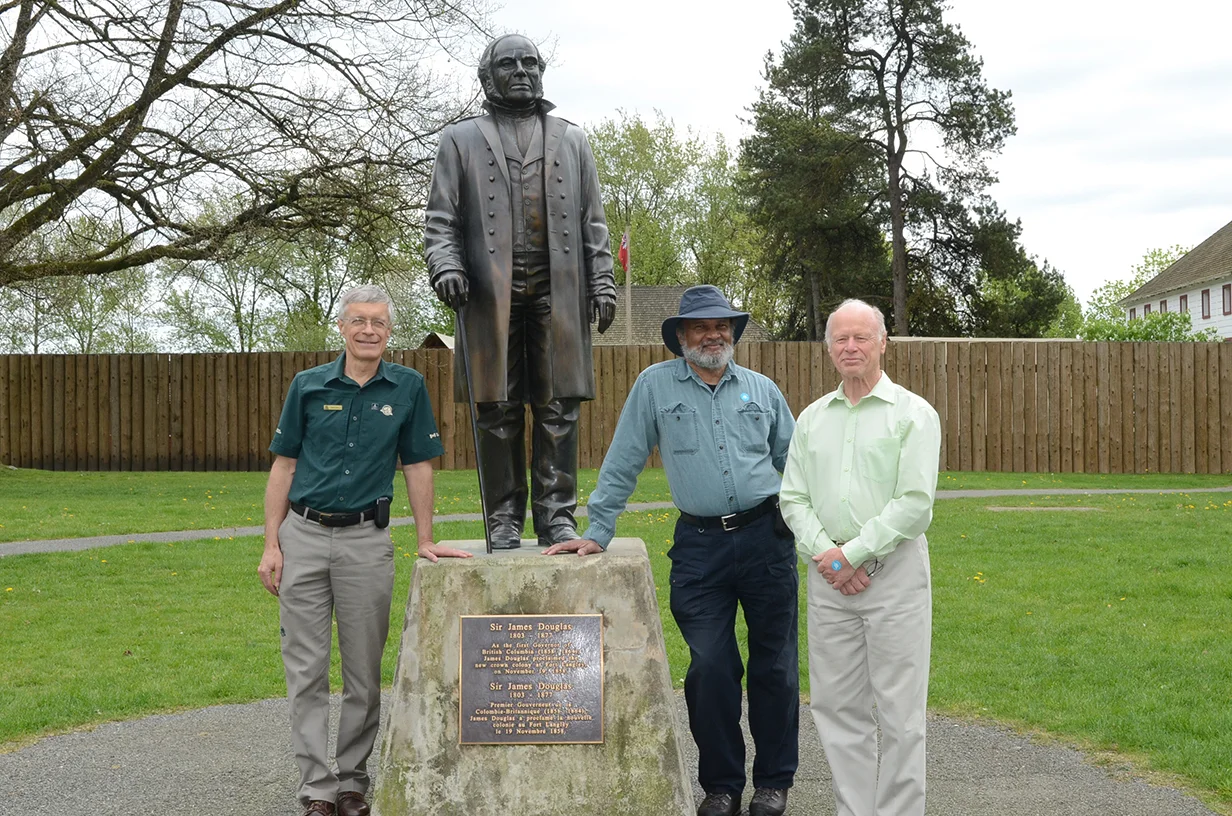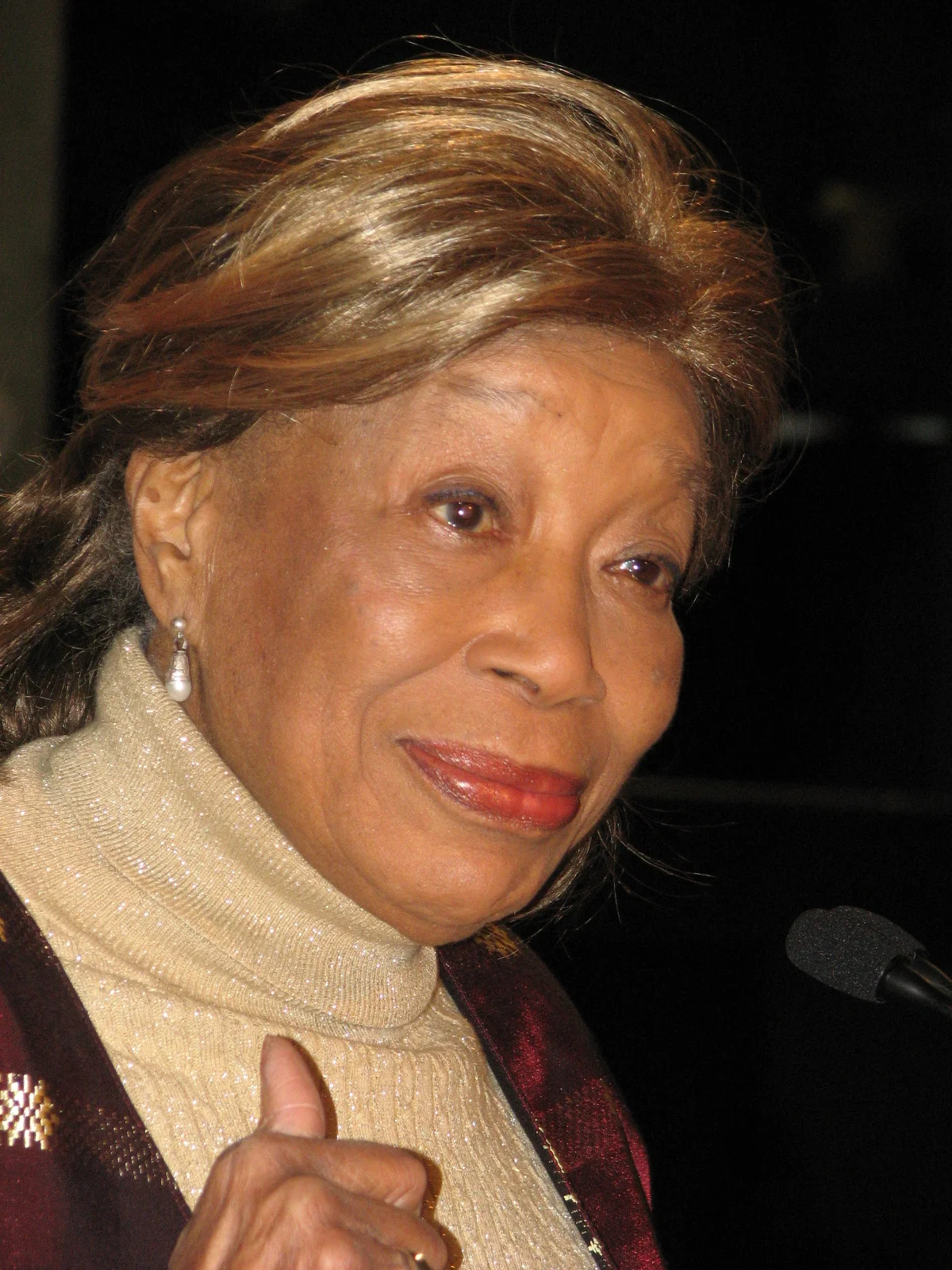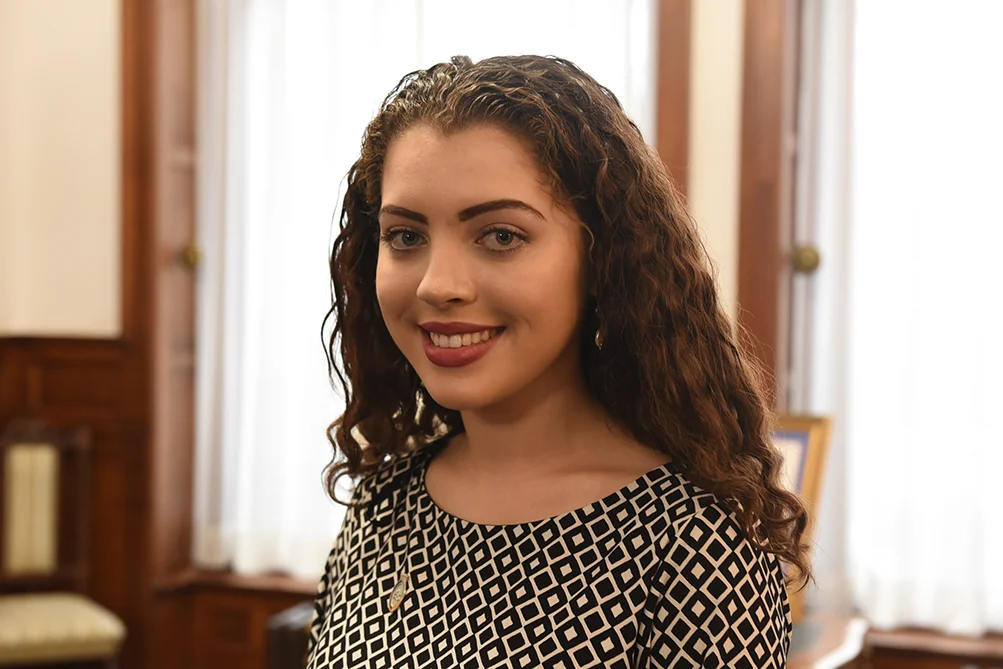Recognition for Blacks who helped develop British Columbia
Individuals making lasting contributions to Canadian history are eligible to be designated “Persons of National Historical Significance” by the federal government.
Since the inaugural selections of fur trader and explorer Pierre Gaultier de la Verendrye and poet Archibald Lampman in 1920, a total of 671 Canadians have joined the distinguished rank.
They include Guyanese-born Sir James Douglas who is considered the founding father of British Columbia.
Born to a Barbadian mother and Scottish father in 1803, Douglas spent his first nine years in what was then British Guiana – a British colony in South America that gained its independence in 1966 – before his father took him to Scotland. After just six years of formal education, Douglas signed on as an apprentice with the North West Company which was a fur trading business with headquarters in Montreal.
When rivals North West and Hudson Bay merged in 1821, Douglas retained his job with the organization as a clerk at Fort James in northern British Columbia where he met his wife – Amelia Connolly -- whose mother was Cree. Residing at Hudson Bay Company posts at Fort Vancouver (it’s now an American city in Washington State) for nearly a decade, the couple and their children settled in Victoria in 1849 where Douglas was the chief factor and governor.
After setting up a trading post on the southern tip of Vancouver Island and founding Fort Victoria, Douglas faced his biggest challenge when gold was discovered in Thompson River in 1856 and, a year later, in Fraser River. With no military presence on Vancouver Island at the time to stave off the gold rush seekers and possible violent clashes with the First Nations People, Douglas enlisted the help of Blacks who had moved from California to Vancouver Island in pursuit of a better life and had formed a volunteer militia – The Victoria Pioneer Rifle Corps also known as the African Rifles – for protection.
Many of its members had been denied the opportunity to volunteer for the All-White fire department. While the corps was disbanded by 1865 after only a few years of existence, it was the first officially-authorized militia unit in the West Coast colony.
Black American Saltspring settlers also protected the colony from the American’s territorial imperative drive to own the Pacific Coast during the period when the United States had divested California from the Republic of Mexico, legally swindled British Columbia out of the Columbia River delta and was negotiating with Russia for Alaska.
With British sovereignty threatened, its parliament passed an act in August 1858 to establish a crown colony on the Pacific mainland. The official ceremony proclaiming the Crown Colony of British Columbia took place on November 19, 1858 at Fort Langley.
Credited with establishing British law and order during the gold rushes and ensuring that British Columbia remained as part of Canada, Douglas died in 1877 at age 73 in Victoria.
“He made an incredible contribution to this province,” said Dr. Grant Rawstron who is a Fort Langley Legacy Foundation board member. “He was an amazing man who brought law and order to British Columbia at a time when there could have been a lot of instability.”
A decade ago, a statute of Douglas was unveiled outside the Fort Langley National Historic Site.
Businesswoman and Fort Langley Legacy Foundation board member Bays Blackhall, whose grandmother knew the Douglas family, made the suggestion.
“Though Sir James never lived here, he visited many times and wrote letters to James Yale (he was the Hudson Bay Company’s chief trader at Fort Langley),” said Mike Starr, the visitor services manager at Fort Langley National Historic Site. “He was quite important to Fort Langley’s history even before he came to proclaim the colony in 1858. It just made sense that we should have something here for him.”
Seven years ago, a duplicate of the statue was unveiled in Mahaica, a rural community in Guyana.
Clyde Duncan, the former president of the Guyanese Canadian Cultural Association of British Columbia, played a key role in organizing for the bust to be taken to Douglas’ birth country. He used his own funds to help pay for the moulded statue which was transported from Vancouver to Toronto free of charge by his then employer, Canadian National Railway.
Laparkan Trading took up the cost of shipping the statue from Toronto to Guyana.
“That year was the 150th anniversary since BC was proclaimed a crown colony and I was determined to let the world know that a Guyanese-born man kept this piece of real estate as part of Canada,” said Duncan who has resided in the province for the last 43 years. “This is something every person of Guyanese heritage should be proud of.”
Blacks have been an integral part of British Columbia’s history since Douglas invited African-Americans to become pioneers in the province just over 150 years ago.
America’s first elected Black judge and abolitionist Mifflin Gibbs was Canada’s first Black politician, having being elected to Victoria City Council in 1866. He also built BC’s first railway, served as Victoria’s deputy mayor and played a pivotal role in the then colony’s entrance into the Canadian Confederation.
Midwife and Salt Spring Island resident, Sylvia Stark, delivered hundreds of babies and saw the island pass through its frontier stage to the modern era before passing away in 1944 at the age of 105.
Born in 1850 in the Danish West Indies which is now the U.S Virgin Islands, John Freemont Smith lived in Victoria for a few years before moving to Kamloops in 1884. He owned a shoemaking business, served as an Indian agent, postmaster, secretary of the local board of trade and city assessor, wrote articles for mining and agriculture publications and was elected British Columbia’s first Black alderman in 1903.
Late Jamaican-born Rosemary Brown was the first Black woman elected to a Canadian provincial legislature when she served as a Member of the Legislative Assembly in B.C from 1972 to 1986, Trinidadian-born Selwyn Romilly was the first Black appointed to a B.C provincial court and the Supreme Court, the late Lance Morgan who migrated from Jamaica to Prince George in 1962, launched The First Baptist Church in B.C’s northern capital city in 1964, Emery Barnes, who passed away in July 1998, was the first Black speaker of a Canadian legislature and the late Harry Jerome – who moved to North Vancouver from Prince Albert, Saskatchewan at age 12 -- set seven world records in track and field and helped create Canada’s sports ministry.






